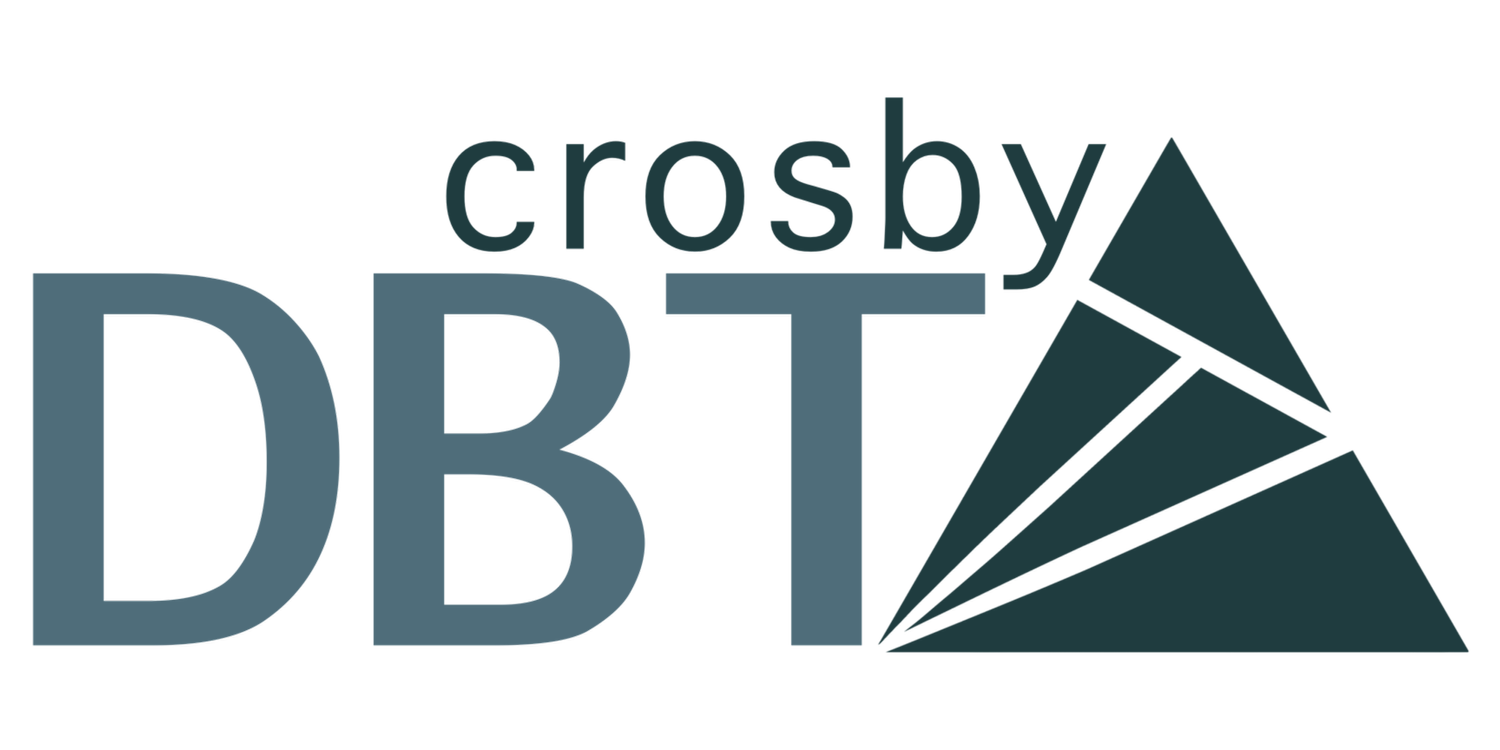What Is Interpersonal Effectiveness in DBT—and Why Does It Matter?
Have you ever…
Struggled to say no without guilt?
Felt walked on in relationships?
Avoided conflict at the expense of your needs?
You're not alone. Healthy relationships can be complicated, especially when strong emotions are involved. That’s why Interpersonal Effectiveness is one of the four core modules in Dialectical Behavior Therapy (DBT).
It’s designed to help you navigate relationships with skill, confidence, and clarity—without losing your self-respect.
What Is Interpersonal Effectiveness?
In DBT, Interpersonal Effectiveness refers to the skills we use to:
Ask for what we want
Set boundaries
Say no when needed
Maintain relationships
Communicate clearly and assertively
These are the skills that help you show up for yourself and others at the same time.
🎯 The 3 Goals of Interpersonal Effectiveness
DBT breaks down Interpersonal Effectiveness into three main goals. You can think of them as lenses to guide your communication choices, depending on the situation.
1. Objective Effectiveness: Getting What You Want
This goal is about achieving a specific outcome—whether that’s making a request, resolving a problem, or standing your ground.
🛠️ Key Skill: DEAR MAN
DEAR MAN helps you be assertive without being aggressive. You learn to:
Clearly Describe what’s happening
Express how you feel
Assert your need or request
And Negotiate when needed
Use this goal when:
You need to ask for a raise, change plans, or say no to something that doesn’t work for you.
2. Relationship Effectiveness: Keeping the Relationship
This goal focuses on maintaining or improving a relationship—without always having to "win" the conversation.
🛠️ Key Skill: GIVE
GIVE helps you:
Be Gentle
Show Interest
Validate the other person
Use an Easy Manner
Use this goal when:
You want to address something sensitive with a friend or keep the connection strong during conflict.
3. Self-Respect Effectiveness: Staying True to Yourself
Sometimes, you need to protect your values—even if it means disappointing others. This goal is about keeping your integrity and self-worth intact.
🛠️ Key Skill: FAST
FAST helps you:
Be Fair
Avoid unnecessary Apologies
Stick to your values
Be Truthful
Use this goal when:
You’re tempted to people-please, stay silent, or compromise your boundaries just to avoid tension.
Why These Goals Matter
Different situations call for different priorities. DBT teaches you to check in with yourself before a tough interaction and ask:
What’s my main goal here—getting what I want, protecting the relationship, or maintaining my self-respect?
Sometimes you can hit all three. Other times, you have to choose which one matters most in that moment.
This self-awareness is what turns communication into a skill—not just a reaction.
A Quick Example
Scenario: Your boss asks you to stay late again. You're already burned out.
Objective goal: You want to say no. → Use DEAR MAN to ask directly.
Relationship goal: You want to keep the relationship strong. → Use GIVE to stay kind and collaborative.
Self-respect goal: You need to honor your limits. → Use FAST to avoid apologizing for your needs.
Different tools for different needs—all rooted in awareness.
Final Thoughts
Interpersonal Effectiveness is about more than just "being good at talking."
It’s about being mindful, intentional, and values-driven in how you relate to others.
When you understand the three goals—objective, relationship, and self-respect—you gain the power to choose how you show up in each interaction.
And with practice, that changes everything.
